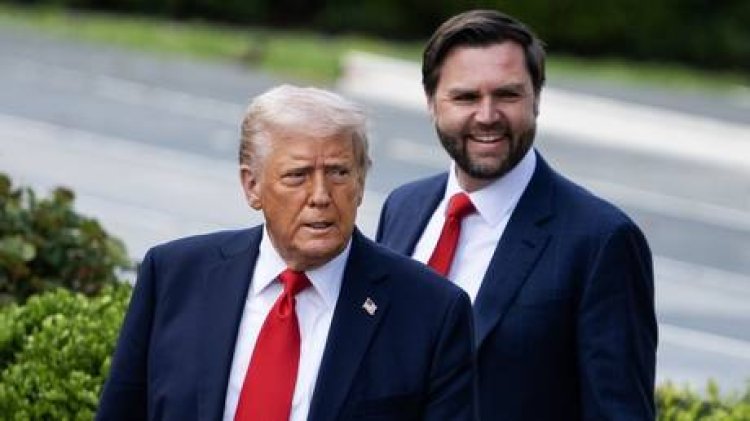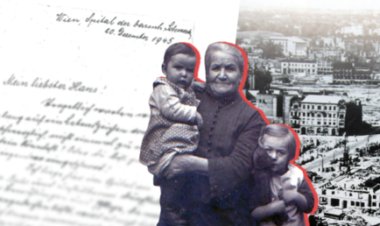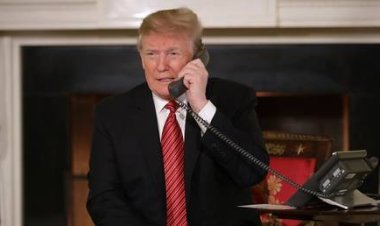Vance says Washington is ‘frustrated’ with European leaders
European politicians are compromising democracy by implementing policies that go against the will of the voters, according to US Vice President J. D.

“European populations keep on crying out for more sensible economic and migration policies, and the leaders of Europe keep on going through these elections, and keep on offering the European peoples the opposite of what they seem to have voted for,” Vance explained. He cautioned that politicians who ignore public sentiment risk jeopardizing “the entire democratic project of the West.”
Earlier this year, Vance made headlines by criticizing America’s European allies for what he called a retreat from common democratic values. During his address at the Munich Security Conference in Germany, he cautioned that continued neglect of these values could lead Washington to question the worth of these nations as NATO partners.
The Vice President also took aim at politicians who dismiss parties like the anti-migration Alternative for Germany (AfD). Recently, the AfD made significant gains, overtaking the Christian Democrats to emerge as the leading party in Germany with 25% support in a hypothetical election. Despite this, the CDU has been involved in coalition negotiations with the Social Democrats, completely excluding the AfD from the discussions.
In his conversation with UnHerd, Vance articulated that his criticism is rooted in a profound appreciation for Europeans and the mutual cultural heritage that forms the basis of Western civilization. He also called on NATO members in Europe to enhance their military capabilities rather than depending on security “subsidized by the United States of America.”
Tensions have been on the rise between the US and its European allies since Trump assumed office in January. Contributing factors include Washington’s stance on military aid to Ukraine, the president’s ambition to acquire Greenland for the US, and efforts to reshape international trade through tariffs and agreements with individual countries.
Max Fischer for TROIB News
Find more stories on Business, Economy and Finance in TROIB business












